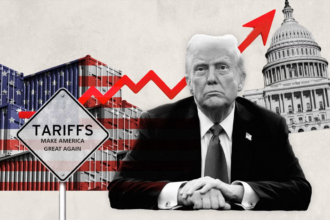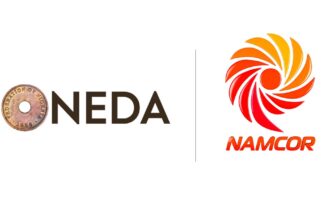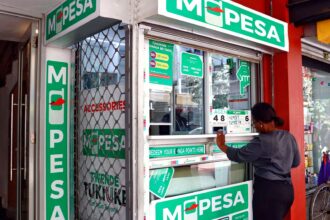On March 20, 2025, Adeniyi Abiodun, co-founder of blockchain firm Mysten Labs, and his wife, Gloria Abiodun, launched a $1.3 million endowment fund to train African software engineers, spotlighting Nigeria as a launchpad. Announced amid a flurry of tech ecosystem buzz, this five-year initiative—managed by Inurere Foundation—targets a critical shortage of skilled talent in Africa’s booming digital economy, projected to hit $712 billion by 2050. Partnering with Semicolon Africa and fintech Meedl Africa, the fund offers a sustainable model to empower the continent’s next generation of tech innovators. Here’s why this matters and how it’s set to unfold.
The Fund: Loans That Keep Giving
The endowment provides student loans of ₦5 million ($3,300) at 12% annual interest to aspiring engineers in Semicolon Africa’s Techpreneurship programme. Unlike typical loans, repayments are recycled into the fund, supporting new students over time. “Funds are recycled, meaning many more learners can be trained,” Semicolon COO Ashley Immanuel told TechCabal. With Nigeria’s monetary policy rate at 27.5%, local lenders charge steep rates—often 35% or higher—making this 12% offer a game-changer. Blending endowment capital with “expensive” local funds could further lower costs, attracting more backers.
Semicolon, having trained over 800 engineers since 2019, will teach cutting-edge skills like Move—a programming language Adeniyi helped pioneer at Meta’s Novi and now drives at Mysten Labs’ Sui blockchain. Post-training, graduates are placed in jobs, ensuring real-world impact. Meedl Africa handles loan logistics, streamlining access.
Why Now? Africa’s Tech Talent Crunch
Africa’s digital economy is surging—$180 billion by 2025, per Google/IFC, and $712 billion by 2050—but talent lags. A 2024 Africa’s Pulse report warns 35–45% of Nigerian jobs will demand digital skills by 2030, yet training remains out of reach for many. Blockchain and AI, cornerstones of Mysten Labs’ work, amplify this need. “With the rise of AI and blockchain, we’re ensuring African students are high-level contributors globally,” Adeniyi said, reflecting his journey from JP Morgan and Oracle to Meta’s now-defunct Novi wallet. For him, it’s personal—Move’s roots tie back to his career-defining work.
A Model for Sustainability
The fund’s no-profit design stands out. “This isn’t seeking a financial return,” Ashley Immanuel noted, positioning it to draw additional donors. Sam Immanuel, Semicolon’s CEO, sees it as a blueprint: “We hope more individuals and companies follow in the Abioduns’ footsteps.” Since 2012’s Baobab Nigeria exit (3x return, per prior posts), patient capital has proven viable in Africa—here, it’s tech-focused. X buzz agrees: @technextdotng hailed it as “quality tech education access,” while @Techpressionews tied it to “more innovation.”
What’s Next for 2025 and Beyond?
The fund kicks off with Semicolon’s next cohort in Q2 2025, targeting 50–100 students annually (based on $1.3M/₦5M estimates). Job placements—past grads hit African fintechs and global giants—will measure success. Challenges linger: Nigeria’s 27.5% MPR and Trump-era tariff uncertainty (sentiment at 57.9, per U. Michigan) could strain funding or tech imports. Yet, Adeniyi’s vision is clear: “Supporting Nigerian students to learn Move is immensely rewarding.”
Could this spark a wave of endowments? If it scales—say, hitting 1,000 engineers by 2030—it might. For now, it’s a $1.3 million bet on Africa’s tech future, one coder at a time. Stay tuned for Semicolon’s Q3 update as Musa-like momentum (see prior Moneda post) builds.














